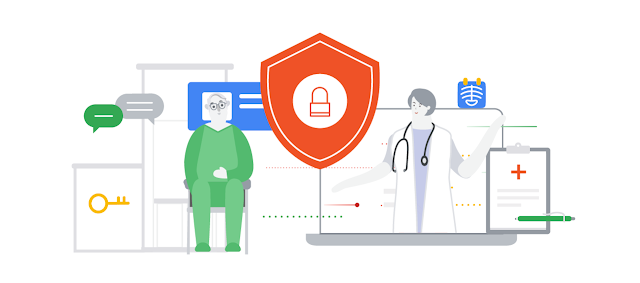Expanding the Application of Deep Learning to Electronic Health Records
In 2018 we published a paper that showed how machine learning, when applied to medical records, can predict what might happen to patients who are hospitalized: for example, how long they would need to be in the hospital and, if discharged, how likely they would be to come back unexpectedly. Predictive models of various kinds have already been deployed in hospital settings by others, and our work aims to further improve potential clinical benefit by using new models that can make predictions faster, more accurate, and more adaptable for a broader range of clinical contexts.
Any endeavor to demonstrate the promise of machine learning requires intense collaboration between engineers, doctors, and medical researchers to make sure the work benefits patients, physicians, and health systems, and that it is equitable. Google is already fortunate to partner with some of the best academic medical centers in the world and we are now expanding this work to include Intermountain Healthcare, based in Utah.
The initial collaboration will focus on understanding how Google might adapt machine learning predictions to the various Intermountain care settings, from primary care clinics to the TeleHealth critical care unit, which remotely monitors critically ill patients in surrounding hospitals. We see potential in exploring how scalable computing platforms that include predictions might assist clinical teams in providing the best possible care.
As with our previous research, we will begin with jointly testing the performance of machine learning models on historical records, following strict policies to ensure that all data privacy and security measures are followed.
We are excited to explore how scalable computing platforms that include predictions might assist clinical teams in providing the best possible care in these settings. We additionally hope to further validate that our approach to predictions can work across health systems and improve care for patients.
